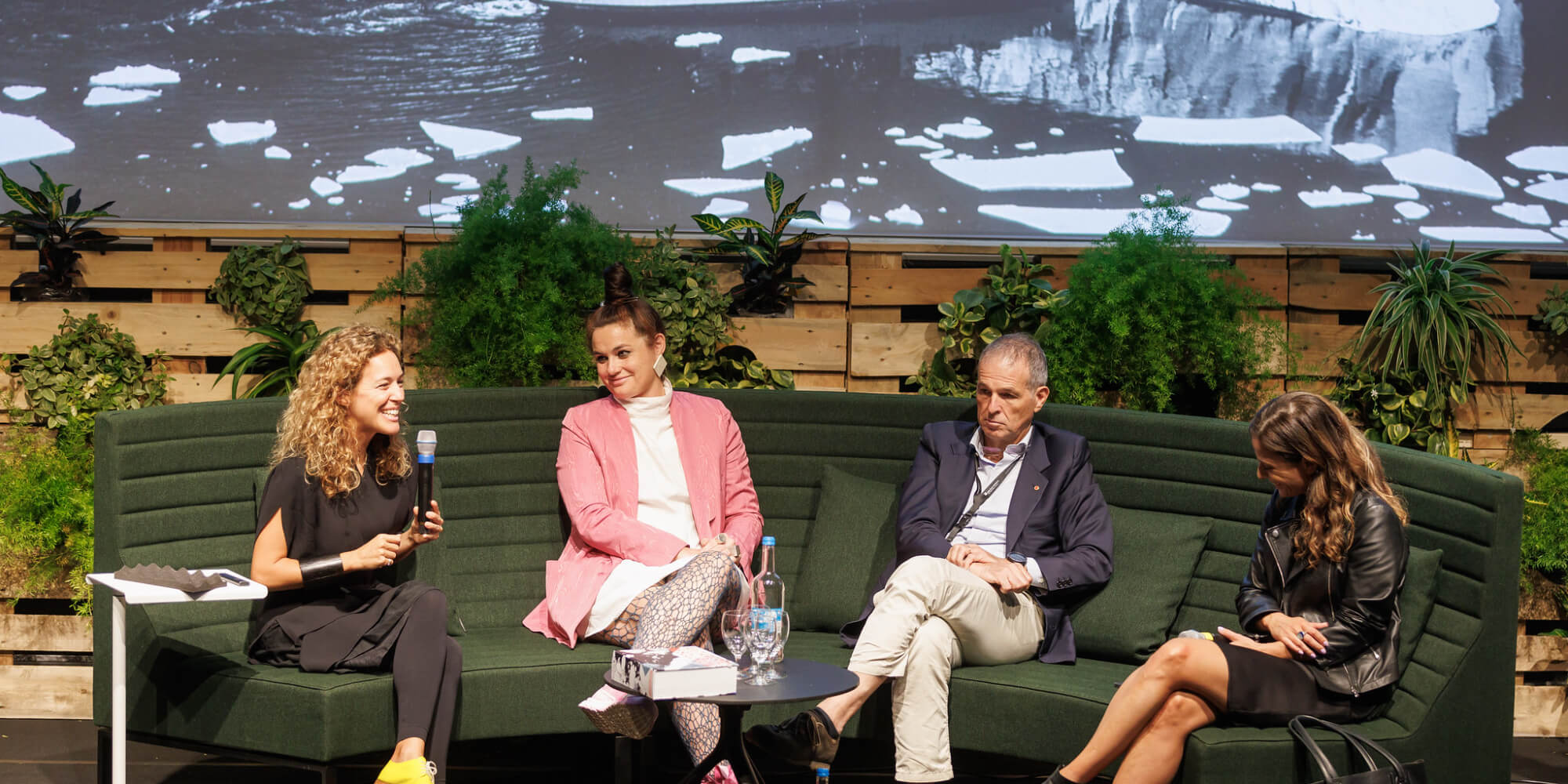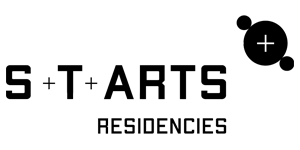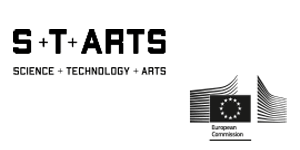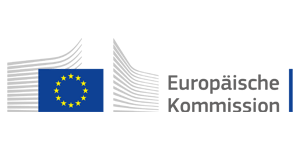Panel Discussion with Q&A
Giulia Foscari (IT), Eva Franch i Gilabert (ES/CAT/US) und Carlo Barbante (IT) sprechen mit Francesca Bria (IT) über ihre Beteiligung an Antarctic Resolution, einer transnationalen und multidisziplinären kollektiven Anstrengung mit dem Ziel, das Bewusstsein für die zentrale Bedeutung der Antarktis im globalen Ökosystem zu schärfen und die breite Öffentlichkeit zu mobilisieren, sich für die Antarktis als globales Gemeingut ohne indigene Völker einzusetzen.
Die extremen Bedingungen, die auf dem südlichsten Kontinent der Erde herrschen, sind das Ergebnis eines zugrunde liegenden Klimazyklus, der für menschliche Eingriffe anfällig ist. Dieses Panel beleuchtet, warum die Antarktis als ultimatives Kontinentlabor bezeichnet wird und wie die von Forschungsteams gewonnenen Daten die Vorhersage künftiger Klimaszenarien und die Entwicklung geeigneter Klimaschutzstrategien verbessern.
Als Grundlage für die Diskussion des Trios dient das Thema des S+T+ARTS Day 2022 „Repairing the Present“ welches die katalytische Wirkungskraft der Künste unterstreicht, wissenschaftliche Erkenntnisse zusammenbringt, verbreitet und den aktiven Klimaschutz anregt.
Chair:
Francesca Bria (IT)
Speakers:
Giulia Foscari (IT)
Eva Franch i Gilabert (ES/CAT/US)
Carlo Barbante (IT)
Biographies
 Francesca Bria (IT) ist die Präsidentin des Nationalen Innovationsfonds Italiens und Ehrenprofessorin des Instituts für Innovation und öffentliche Zwecke an der UCL in London. Sie ist Senior-Beraterin der Vereinten Nationen (UN-Habitat) für digitale Städte und digitale Rechte. Francesca Bria leitet das DECODE-Projekt zur Datenhoheit in Europa und ist Mitglied der hochrangigen Expertengruppe der Europäischen Kommission zu den wirtschaftlichen und gesellschaftlichen Auswirkungen von Forschung und Innovation (ESIR). Francesca hat einen Doktortitel in Innovation und Unternehmertum vom Imperial College, London, und einen MSc in digitaler Wirtschaft von der Universität London, Birbeck. Sie lehrte an mehreren Universitäten in Großbritannien und Italien und beriet Regierungen, öffentliche und private Organisationen.
Francesca Bria (IT) ist die Präsidentin des Nationalen Innovationsfonds Italiens und Ehrenprofessorin des Instituts für Innovation und öffentliche Zwecke an der UCL in London. Sie ist Senior-Beraterin der Vereinten Nationen (UN-Habitat) für digitale Städte und digitale Rechte. Francesca Bria leitet das DECODE-Projekt zur Datenhoheit in Europa und ist Mitglied der hochrangigen Expertengruppe der Europäischen Kommission zu den wirtschaftlichen und gesellschaftlichen Auswirkungen von Forschung und Innovation (ESIR). Francesca hat einen Doktortitel in Innovation und Unternehmertum vom Imperial College, London, und einen MSc in digitaler Wirtschaft von der Universität London, Birbeck. Sie lehrte an mehreren Universitäten in Großbritannien und Italien und beriet Regierungen, öffentliche und private Organisationen.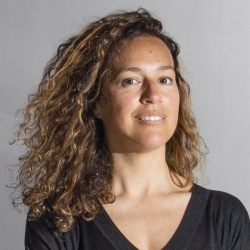 Giulia Foscari W. R. (IT) is an architect, researcher and activist who has been practising in Europe, Asia and the Americas. She is the founder UNLESS, a non-profit agency for change devoted to interdisciplinary research on extreme environments, and of its alter ego UNA, an architecture studio focussed on cultural projects. Giulia’s past work experience includes an extensive collaboration with Rem Koolhaas and with Zaha Hadid. She taught at Hong Kong University and at the Architectural Association in London, where she ran a Diploma Unit and founded the Polar Lab. The work of UNA and UNLESS was exhibited in multiple editions of the Biennale di Venezia and other international venues, including the Museo Nacional Thyssen Bornemisza in Madrid. Giulia authored Elements of Venice (Lars Müller Publishers, 2014) and is the editor of Antarctic Resolution (Lars Müller Publishers, 2022). She is a member of the International Council of the Museum of Modern Art (MoMA), and a Board Member of the Fondazione Musei Civici di Venezia and of the Antarctic and Southern Ocean Coalition (ASOC).
Giulia Foscari W. R. (IT) is an architect, researcher and activist who has been practising in Europe, Asia and the Americas. She is the founder UNLESS, a non-profit agency for change devoted to interdisciplinary research on extreme environments, and of its alter ego UNA, an architecture studio focussed on cultural projects. Giulia’s past work experience includes an extensive collaboration with Rem Koolhaas and with Zaha Hadid. She taught at Hong Kong University and at the Architectural Association in London, where she ran a Diploma Unit and founded the Polar Lab. The work of UNA and UNLESS was exhibited in multiple editions of the Biennale di Venezia and other international venues, including the Museo Nacional Thyssen Bornemisza in Madrid. Giulia authored Elements of Venice (Lars Müller Publishers, 2014) and is the editor of Antarctic Resolution (Lars Müller Publishers, 2022). She is a member of the International Council of the Museum of Modern Art (MoMA), and a Board Member of the Fondazione Musei Civici di Venezia and of the Antarctic and Southern Ocean Coalition (ASOC). Eva Franch i Gilabert (ES/CAT/US): Architect, curator, and critic specialized in curatorial activism, alternative pedagogies and planetary practices. Franch is a founder and co-curator of MODEL, a new annual experimental architecture festival organized by the city government of Barcelona, the first event leading up to the Barcelona Architecture World Capital events and UIA congress in 2026. She is also the Head of the Future Architectures Platform at the Academy of Arts, Architecture & Design at UMPRUM in Prague. Franch is the former Director of the AA Architectural Association School of Architecture in London and the Storefront for Art & Architecture in New York. Franch has taught at Princeton University, Columbia University GSAPP, The Cooper Union, Rice University School of Architecture, IUAV University of Venice, and SUNY Buffalo and has received numerous honours and awards including grants from the National Endowment for the Arts, the Graham Foundation and the US State Department. In 2014 she was the commissioner and co-curator of the US Pavilion at the Venice Architecture Biennale with the project for collective practice OfficeUS.
Eva Franch i Gilabert (ES/CAT/US): Architect, curator, and critic specialized in curatorial activism, alternative pedagogies and planetary practices. Franch is a founder and co-curator of MODEL, a new annual experimental architecture festival organized by the city government of Barcelona, the first event leading up to the Barcelona Architecture World Capital events and UIA congress in 2026. She is also the Head of the Future Architectures Platform at the Academy of Arts, Architecture & Design at UMPRUM in Prague. Franch is the former Director of the AA Architectural Association School of Architecture in London and the Storefront for Art & Architecture in New York. Franch has taught at Princeton University, Columbia University GSAPP, The Cooper Union, Rice University School of Architecture, IUAV University of Venice, and SUNY Buffalo and has received numerous honours and awards including grants from the National Endowment for the Arts, the Graham Foundation and the US State Department. In 2014 she was the commissioner and co-curator of the US Pavilion at the Venice Architecture Biennale with the project for collective practice OfficeUS. Carlo Barbante (IT) ist Direktor des Instituts für Polarwissenschaften des CNR und Professor an der Universität Ca’Foscari in Venedig. Er arbeitet als Paläoklimatologe mit der Analyse von polaren Eiskernen.
Carlo Barbante (IT) ist Direktor des Instituts für Polarwissenschaften des CNR und Professor an der Universität Ca’Foscari in Venedig. Er arbeitet als Paläoklimatologe mit der Analyse von polaren Eiskernen.Credits
The Panel Discussion “Ecology Networks” held in the framework of S+T+ARTS Day, is kindly sponsored by Greiner AG.
S+T+ARTS Day is supported by the European Project Repairing the Present which has received funding from the European Commission’s Directorate-General for Communications Networks, Content and Technology under grant agreement LC01641664.
